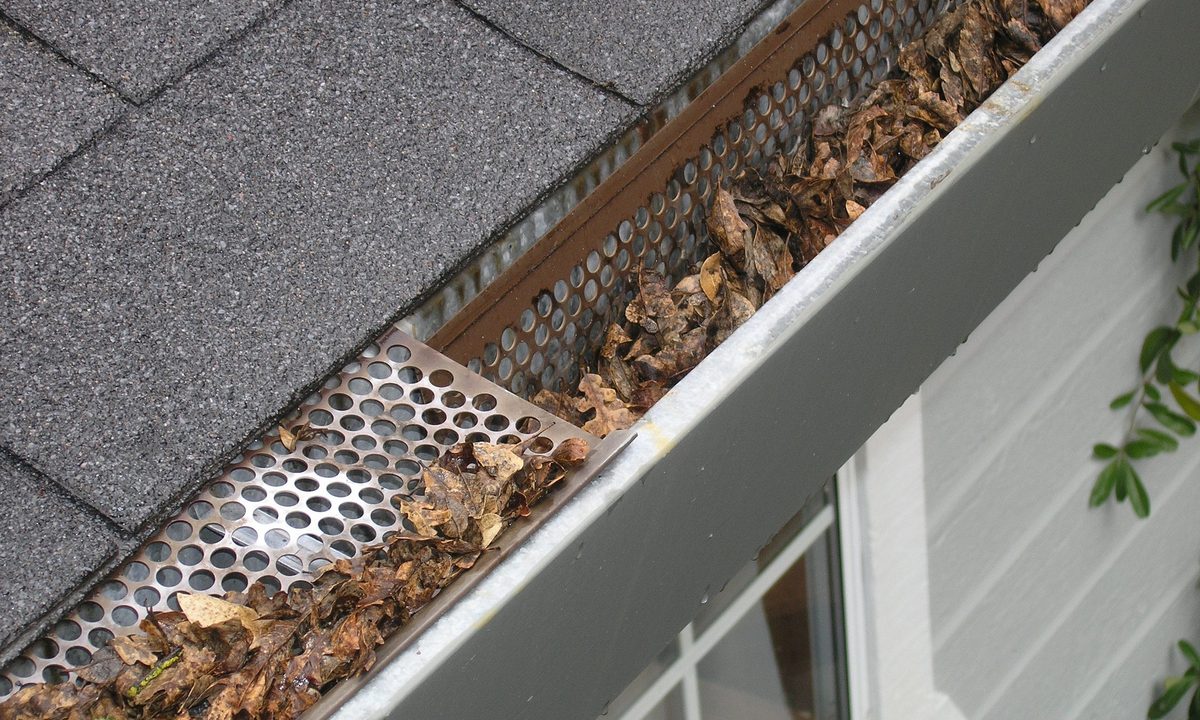When it comes to protecting your home, one of the big questions many homeowners face is, are gutter guards worth it? Gutter guards are marketed as the ultimate solution to your home’s most annoying fall home maintenance tasks, promising to keep debris out and reduce the time and money spent on upkeep. However, not everyone agrees on their value. Before deciding if gutter guards are right for your home, it’s essential to weigh the pros and cons.
What are gutter guards?
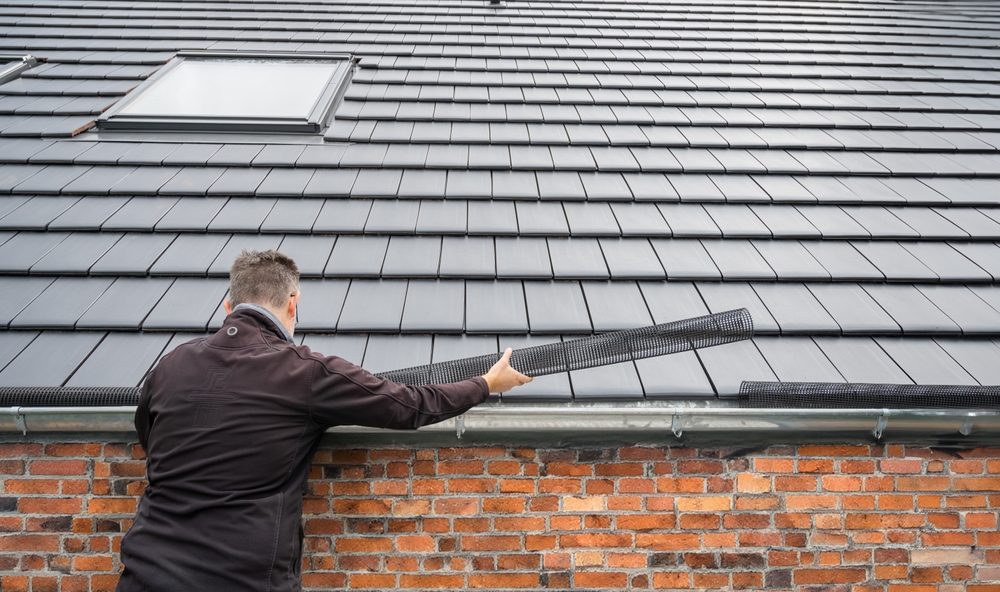
Gutter guards are devices installed over or inside gutters to prevent debris — like leaves, twigs, and other materials — from clogging your gutters. They come in various styles and materials, each designed to filter or block debris while allowing water to flow freely. Gutter guards are especially popular in areas with heavy foliage, as they help minimize the need for constant gutter cleaning.
However, as with any home improvement product, gutter guards have their advantages and drawbacks.
Pros of gutter guards
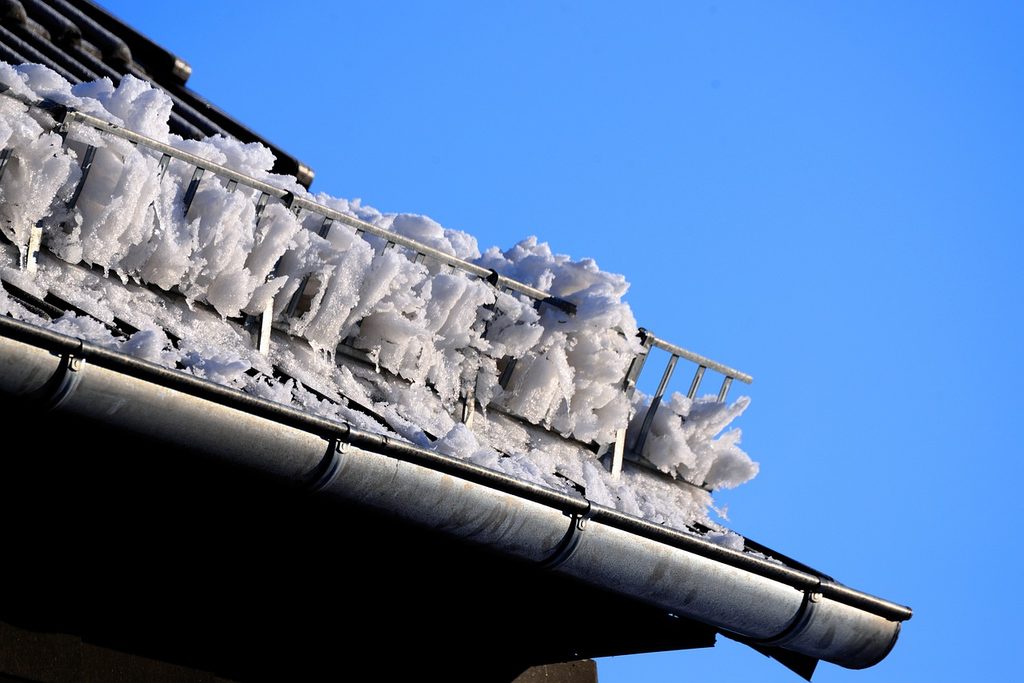
When considering the benefits of gutter guards, it’s clear that these products can be highly advantageous in the right conditions. Many find that the benefits can improve the safety, functionality, and longevity of their gutter system, leading to fewer headaches in the long run.
Prevent pest infestations
One significant benefit of gutter guards is that they can help prevent pest infestations. Without guards, gutters can collect stagnant water and debris, creating an ideal environment for pests like mosquitoes, rodents, and birds to nest. Gutter guards keep these areas clear, making it harder for pests to find places to thrive around your home.
Prevent ice dams
In colder climates, ice dams are a common problem. They form when snow melts off the roof but refreezes in the gutters, leading to blockages that can cause water to back up under shingles and even damage your home’s interior. Gutter guards can help reduce the risk of ice dams by keeping the gutters clear, allowing melted snow to flow away from the roof rather than refreezing in the gutters.
Reduce fire hazards
For those in wildfire-prone areas, gutter guards can be an additional safety feature. Dry leaves and debris trapped in gutters can be a fire risk, as embers from a nearby fire can easily ignite them. Metal gutter guards, in particular, can reduce this risk by keeping flammable material out of your gutters, thereby providing an extra layer of fire protection.
Minimize gutter blockages and water damage
One of the biggest selling points of gutter guards is their ability to reduce gutter blockages. When leaves, pine needles, and other debris collect in gutters, they block water from flowing properly, leading to potential water damage to your home’s foundation, siding, and roof. By keeping debris out, gutter guards help minimize these risks and protect your home from water damage.
Lengthen the life of your gutters
Since gutter guards reduce the amount of debris in your gutters, they also reduce the wear and tear on the system. Without regular blockages and standing water, gutters are less likely to corrode, sag, or pull away from the home. This protection can extend the life of your gutter system, making it a worthwhile investment over time.
Cons of gutter guards
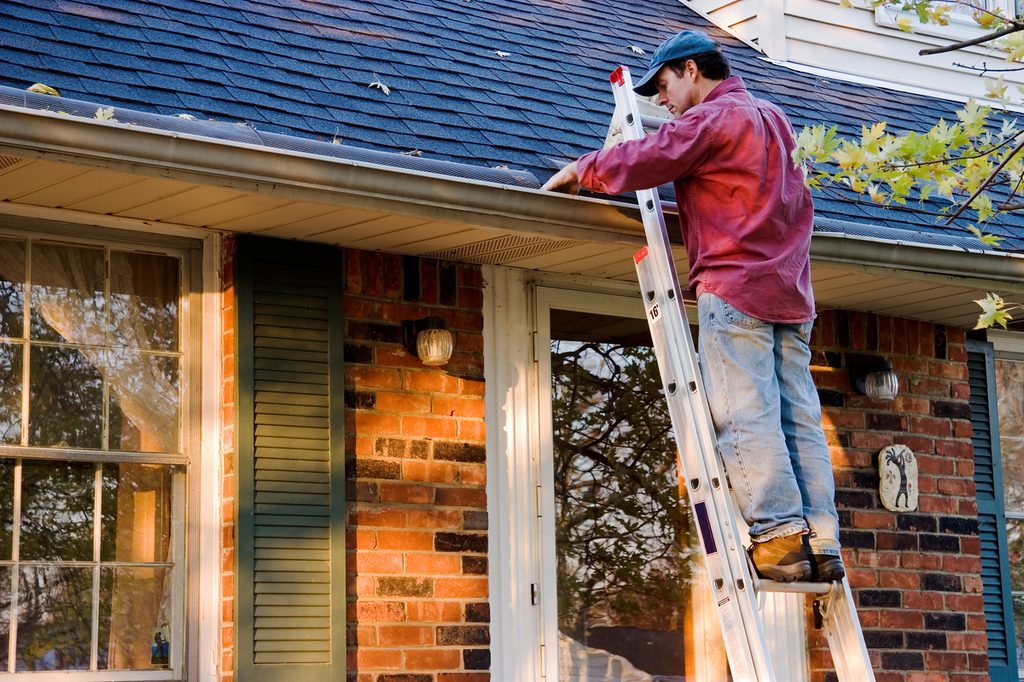
While gutter guards come with many benefits, they are not a one-size-fits-all solution. Several factors might make gutter guards less desirable, depending on your specific home needs and budget. Understanding these drawbacks can help you decide if they’re worth it for you.
Require regular maintenance
Despite the design’s aim to reduce maintenance, gutter guards do require upkeep. Over time, dirt, dust, and small particles can build up on the guards themselves, reducing their effectiveness. This requires occasional cleaning to keep them functioning well, which means you’re not entirely free from gutter maintenance.
Gutters still require cleaning
Even with gutter guards in place, gutters may still need periodic cleaning. Small debris, such as pine needles or fine particles, can sometimes slip through the guards and accumulate over time. While gutter guards will reduce the frequency of cleaning, they won’t eliminate it entirely, especially if you live in an area with significant tree coverage.
Installation costs
Gutter guard installation can be costly, especially if you opt for high-quality materials or hire professionals. Although they can reduce maintenance needs, the initial investment can be significant, which may deter some homeowners. For those on a budget, it’s important to weigh whether the long-term savings justify the upfront costs.
Types of gutter guards to consider
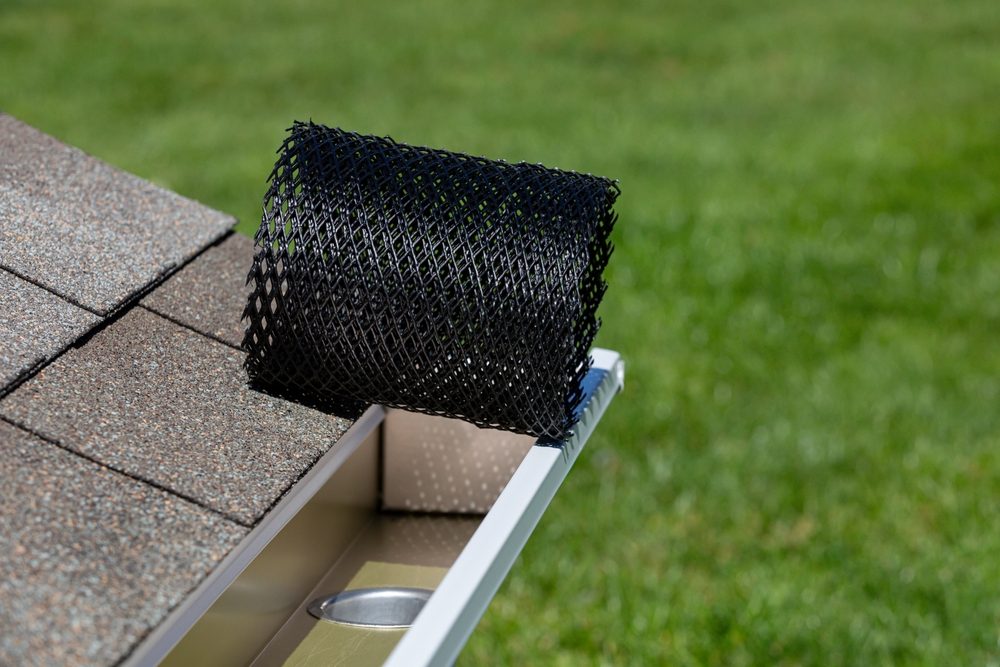
If you decide to invest in gutter guards, there are several types available. Each type offers unique advantages, and choosing the right one depends on your needs, the type of debris in your area, and your budget.
- Screen guards: Made from wire or plastic, screen guards are simple and affordable. They fit over the gutter to block larger debris but may require frequent cleaning if smaller particles slip through.
- Mesh guards: Similar to screens but with finer openings, mesh guards offer improved filtration and can block smaller debris, although they are generally more expensive than basic screen guards.
- Reverse curve guards: These guards are designed to push debris over the edge while allowing water to flow into the gutter. They are effective but can be visible from the ground and may interfere with the roofline and your home’s curb appeal.
- Foam guards: Placed inside the gutter, foam guards allow water to pass through while blocking debris. They are easy to install but may require frequent replacement due to exposure to the elements.
- Brush guards: Resembling large pipe cleaners, brush guards fit inside the gutters and block leaves while allowing water to flow. They are a cost-effective option, but can require regular cleaning and removal of trapped debris.
So, are gutter guards worth it? The answer depends on your specific needs, environment, and willingness to invest in long-term home maintenance. Gutter guards can offer substantial benefits, but also come with drawbacks. Ultimately, understanding the pros and cons will help you make the best choice for your home and your needs.

